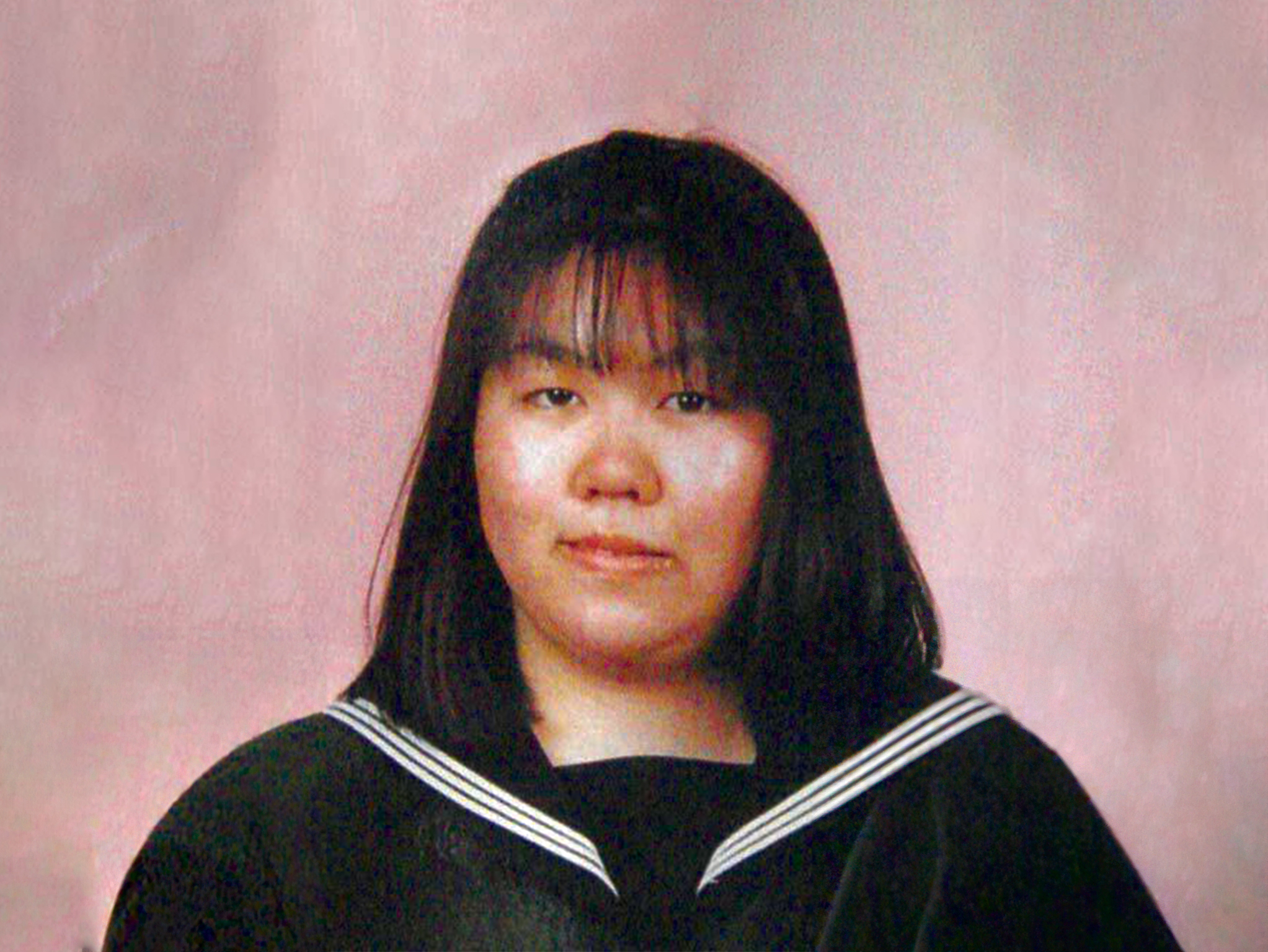In April 2024, Butter, the bestselling novel by esteemed Japanese author Asako Yuzuki about a gourmet cook turned serial killer, is due for release in English, translated by Polly Barton. Butter takes inspiration from the real-life case of Kanae Kijima, or the Konkatsu (“marriage-hunting”) Killer, as she was dubbed by the media. Kijima was convicted of three charges of murder in 2012 and has been on death row since 2019.
Early Criminal Activity
Born in 1974, Kijima was raised in Nakashibetsu, Hokkaido. After graduating from high school, she briefly attended The University of Tokyo, but eventually dropped out. Unable to secure steady employment, she found herself working part-time jobs in an attempt to make ends meet. While she boasted on her online blog about a supposedly luxurious life, the reality was one of a far more paltry nature.
Despite her middle-class upbringing, Kijima began her first forays into a life of crime in her teenage years, when she stole ¥8 million from an acquaintance, with the help of her 40-year-old boyfriend at the time. While she was arrested and charged for her crimes, Kijima was granted probation on account of her status as a minor. She later became a serial shoplifter, caught in 1999 for stealing cosmetics, and again in 2000 for stealing books. In 2003, she was arrested for committing fraud via an internet auction.
Problematic Relationships
In June 2001, Kijima began a relationship with an elderly man from Chiba Prefecture, for whom she worked as a “caregiver” and received “nearly ¥100 million.” Following the death of this elderly benefactor, she began using various matchmaking sites, posing as a prospective bride in order to find new sources of income.
Kijima approached over 20 different men using these sites, and employed varying methods to lure them into giving her money. In some cases, she would agree to marriage, and then claim that she was in desperate need of financial support to complete her studies. After spinning these “tragic tales,” Kijima took the money and cut off all contact with her suitors.
In other instances, she would have men send her large sums of money for “wedding costs,” before effectively “ghosting” these unsuspecting bachelors. What enabled her dastardly schemes, though, was her ability to make these often lonely individuals feel loved and wanted. And she was successful in doing so. In just a few years, Kijima had accrued over $2.2 million from her various “romantic” acquaintances.
2012 “The Konkatsu Killer” Kanae Kijima was sentenced to death for the murder of three men by carbon monoxide poisoning in Japan @japantimes pic.twitter.com/ogsKDwmsBx
— #OnThisDay (@Iain_McDougall) April 13, 2018
The Konkatsu Killings
Kijima was charged with triple murder and eventually indicted by the Japanese authorities in February 2010, though she is thought to have been responsible for the death of four other men. It was the death of 53-year-old Takao Terada in Ome, a neighborhood in Western Tokyo, that first alerted the police to Kijima’s suspicious behavior.
Found dead on February 4, 2009, the cause of Terada’s death was initially listed as suicide. Charcoal briquettes were found in his room, the burning of which was a popular method for suicide at the time. However, the Tokyo Metropolitan Police later uncovered that ¥17 million had recently been transferred from Terada’s bank account into Kijima’s, who he had been “dating” at the time. Kijima was also discovered to have been staying at a hotel just 100 meters away from Terada’s home on the night of his death. He had also taken 10 times the necessary amount of sleeping pills.
The connection was then made between Kijima and the deaths of two other men: Kenzo Ando, an 80-year-old man from Chiba, as well as 41-year-old Yoshiyuki Oide. Both of these men had similarly died from carbon monoxide poisoning from charcoal burners. Kijima was linked to both.
Prosecutors demanded the death sentence for Kijima, claiming that she had only begun relationships with these men in order to facilitate access to their money. Her defense team claimed that there wasn’t enough evidence to prove the murders, and that these men had more likely committed suicide on account of Kijima ending the relationships.
Prison Diaries and Legacy
After a 100-day trial, Kijima was found guilty of the death of the three men on April 13, 2012. She was sentenced to death, a punishment still widely supported in Japan, which is carried out exclusively by hanging.
What is particularly interesting about Kijima’s case, though, is the light it sheds on public perception of women. It was consistently thought unlikely that Kijima could have embroiled these unsuspecting men into her schemes, and eventually to suicide, on account of her not being particularly conventionally attractive, as well as being overweight. Indeed, the misogynistic bent to this grizzly murder tale is brought to the fore in Yuzuki’s novel, which similarly interrogates the media portrayal of Butter‘s jailbird protagonist Manako Kajii, who is subject to relentless fat-shaming during her imprisonment.

Yet, despite disbelief that such an “unattractive” woman could have lured so many men into her trap, Kijima has continued to find suitors even during her incarceration. She has been married twice since imprisonment, most recently to a 40-year-old man who works at the publishing house that released her memoirs, Praise. They are still married today. She also continues to keep a “prison diary,” which is regularly updated by her supporters. They also send her money for food, coffee and other services in prison.
Beyond one woman’s ruthless hunger for money, though, what Kanae Kijima’s tale speaks to is the capacity of the written word to persuade. It was Kijima’s ability to draw these men into her fabricated worlds that facilitated her nefarious schemes — a power that she continues to wield today, even behind bars.
More Info
Asako Yuzuki’s novel Butter will be published in English on April 16, 2024, and is available for pre-order here.









